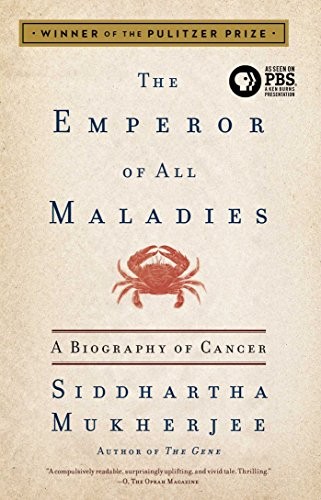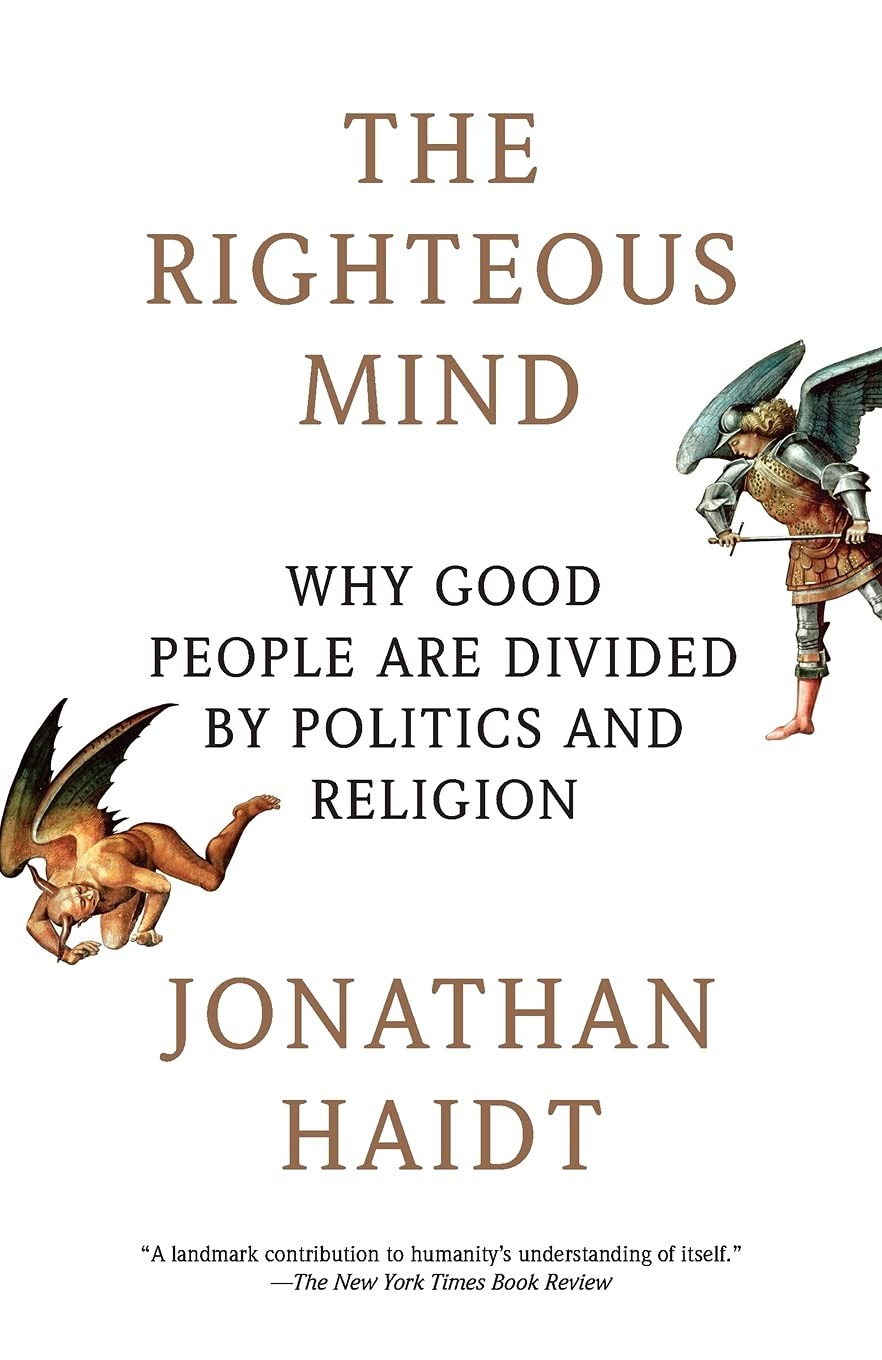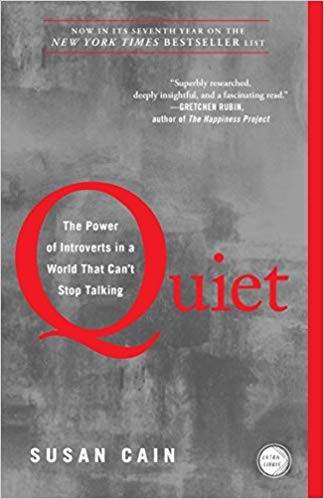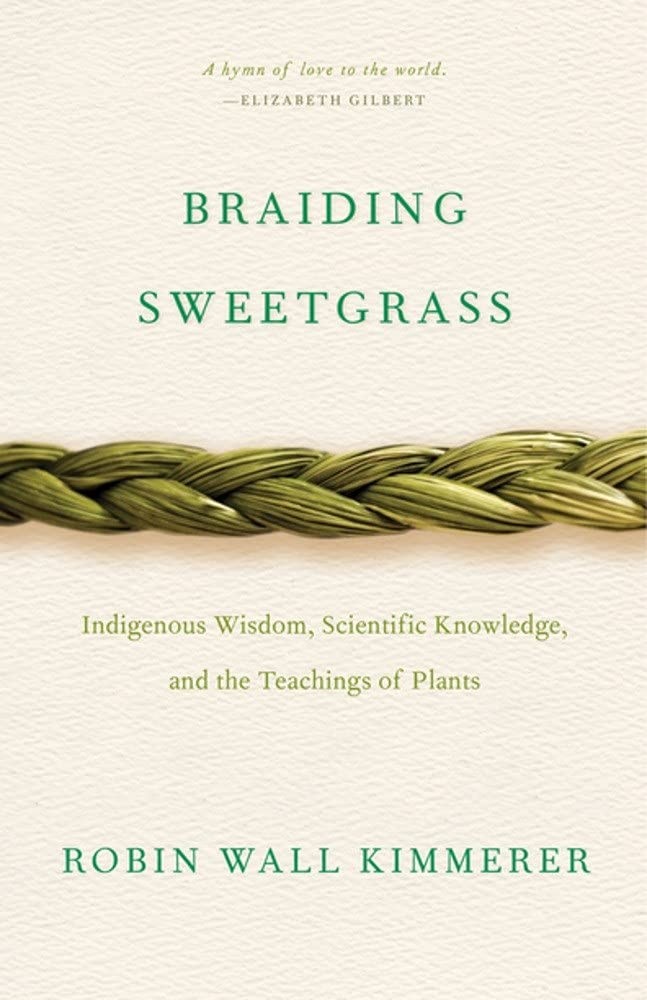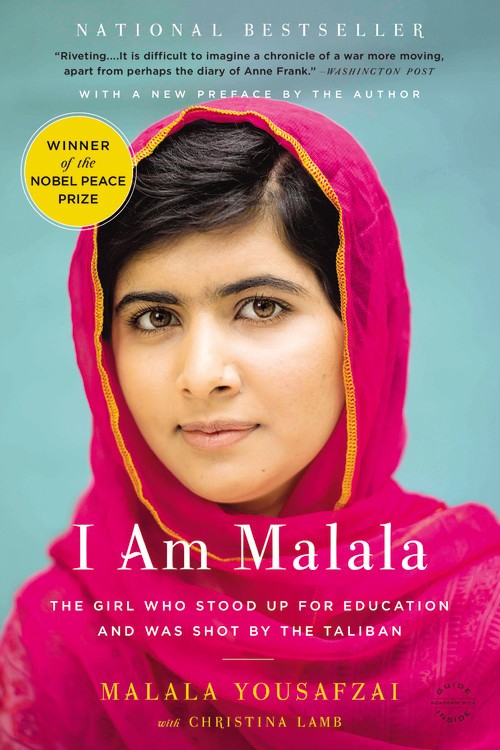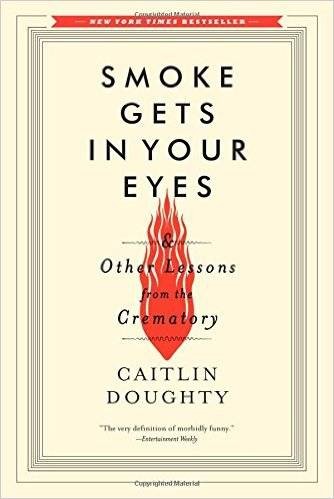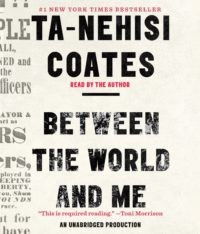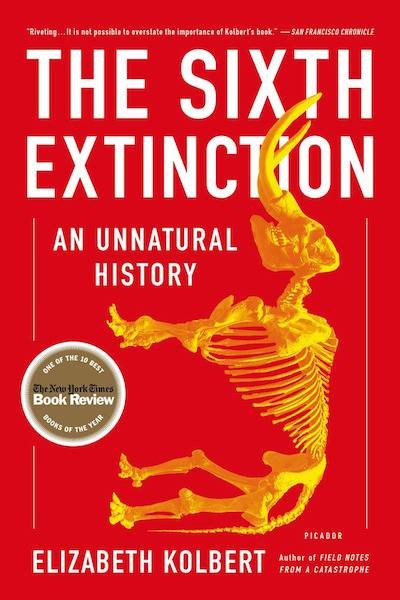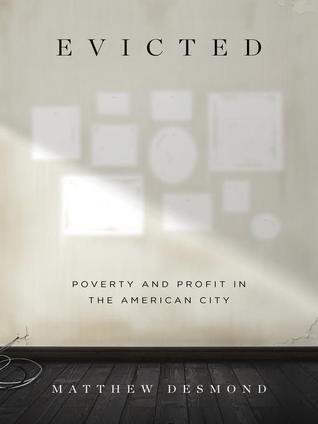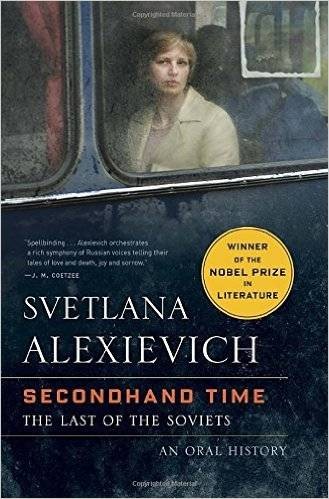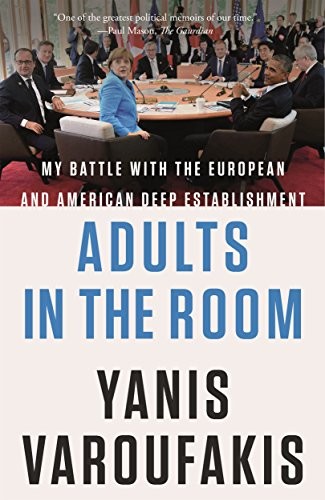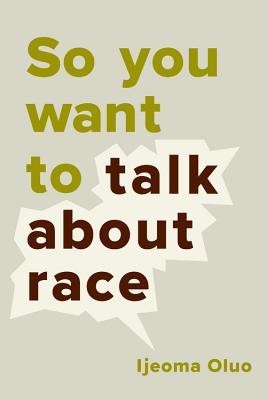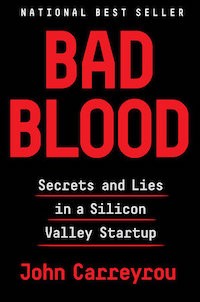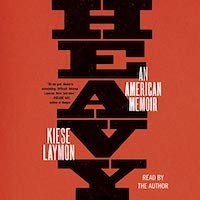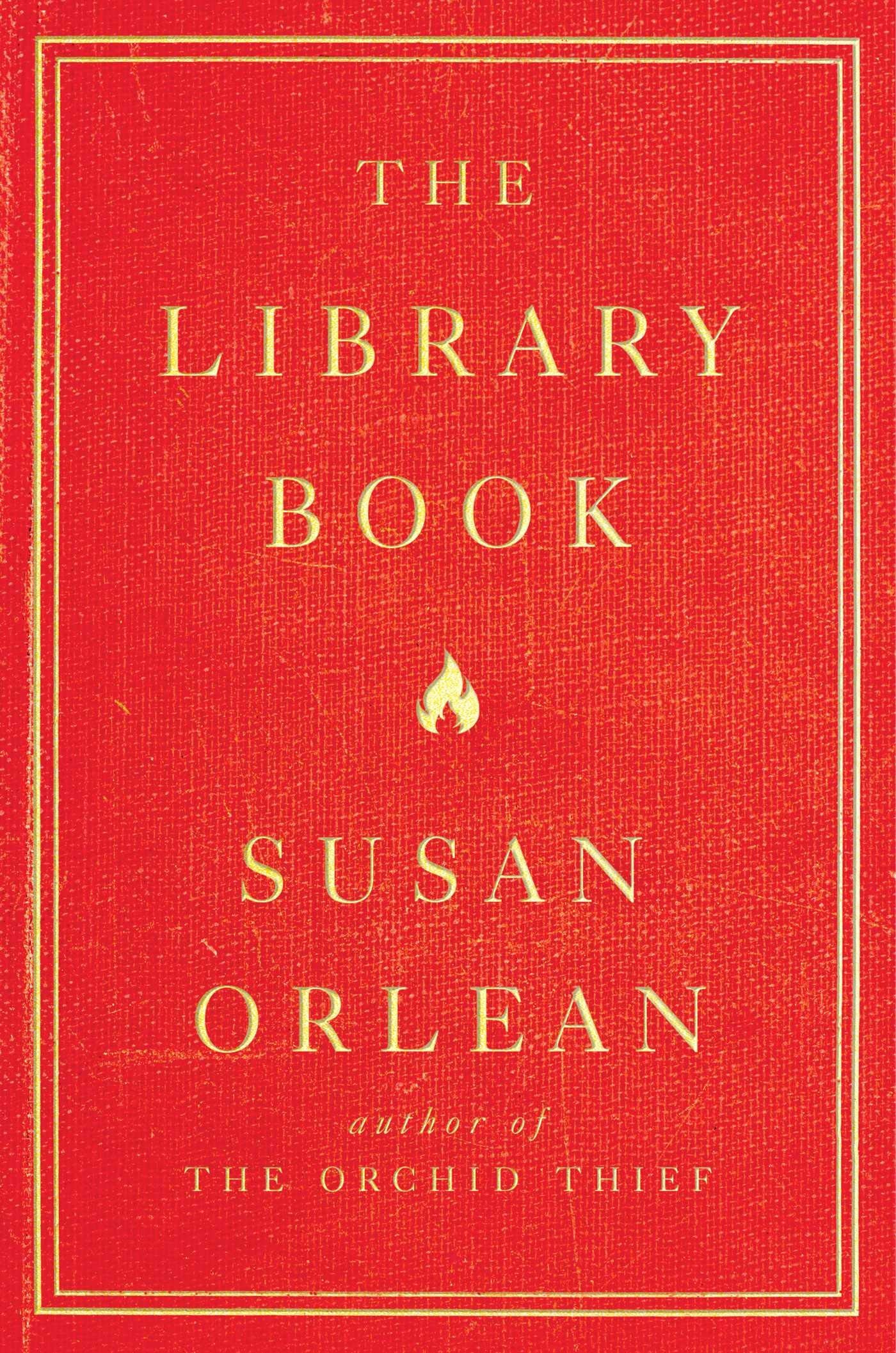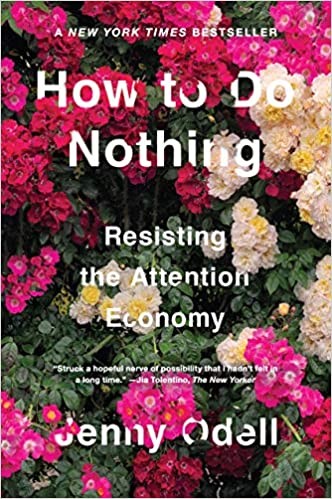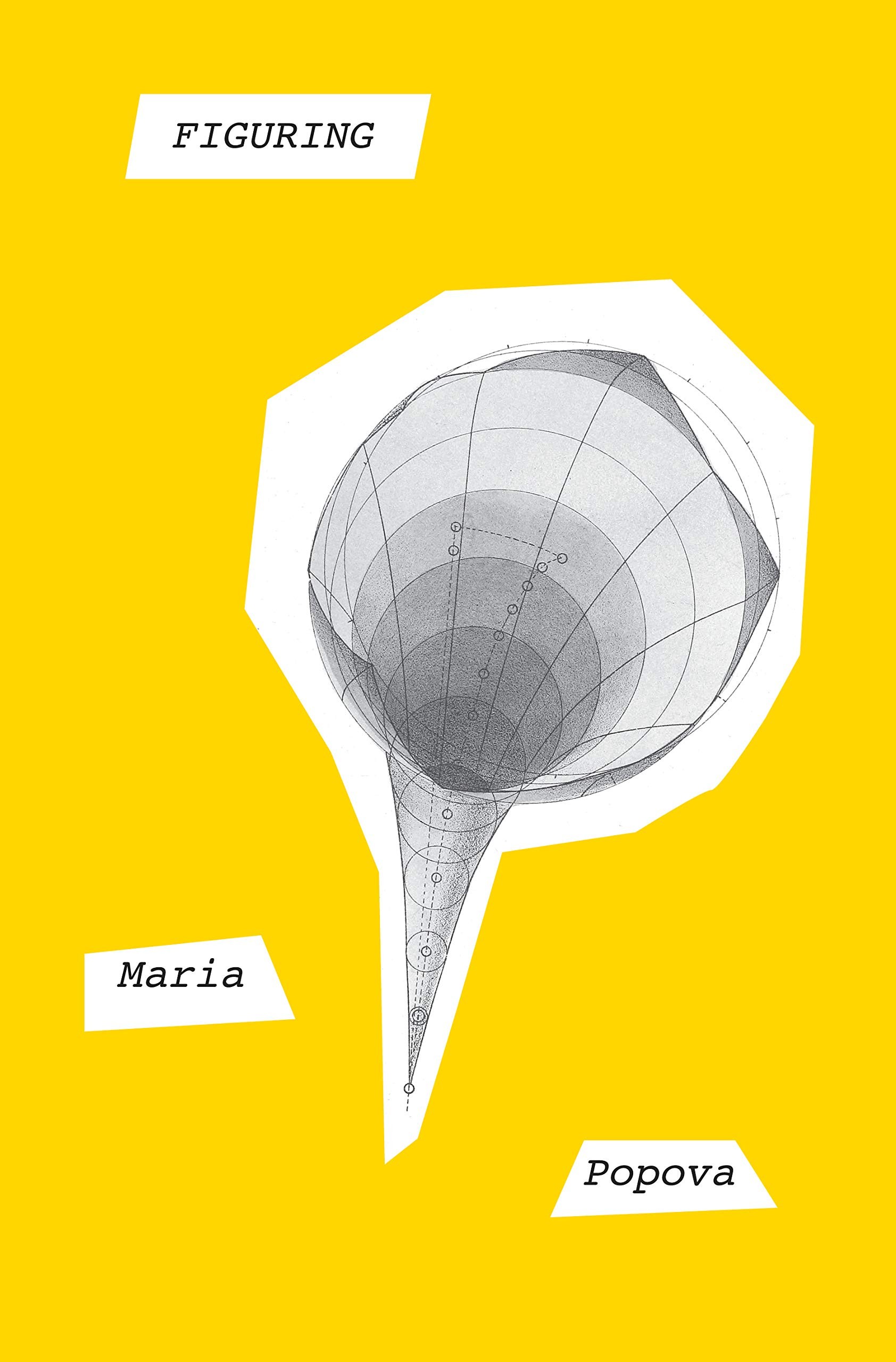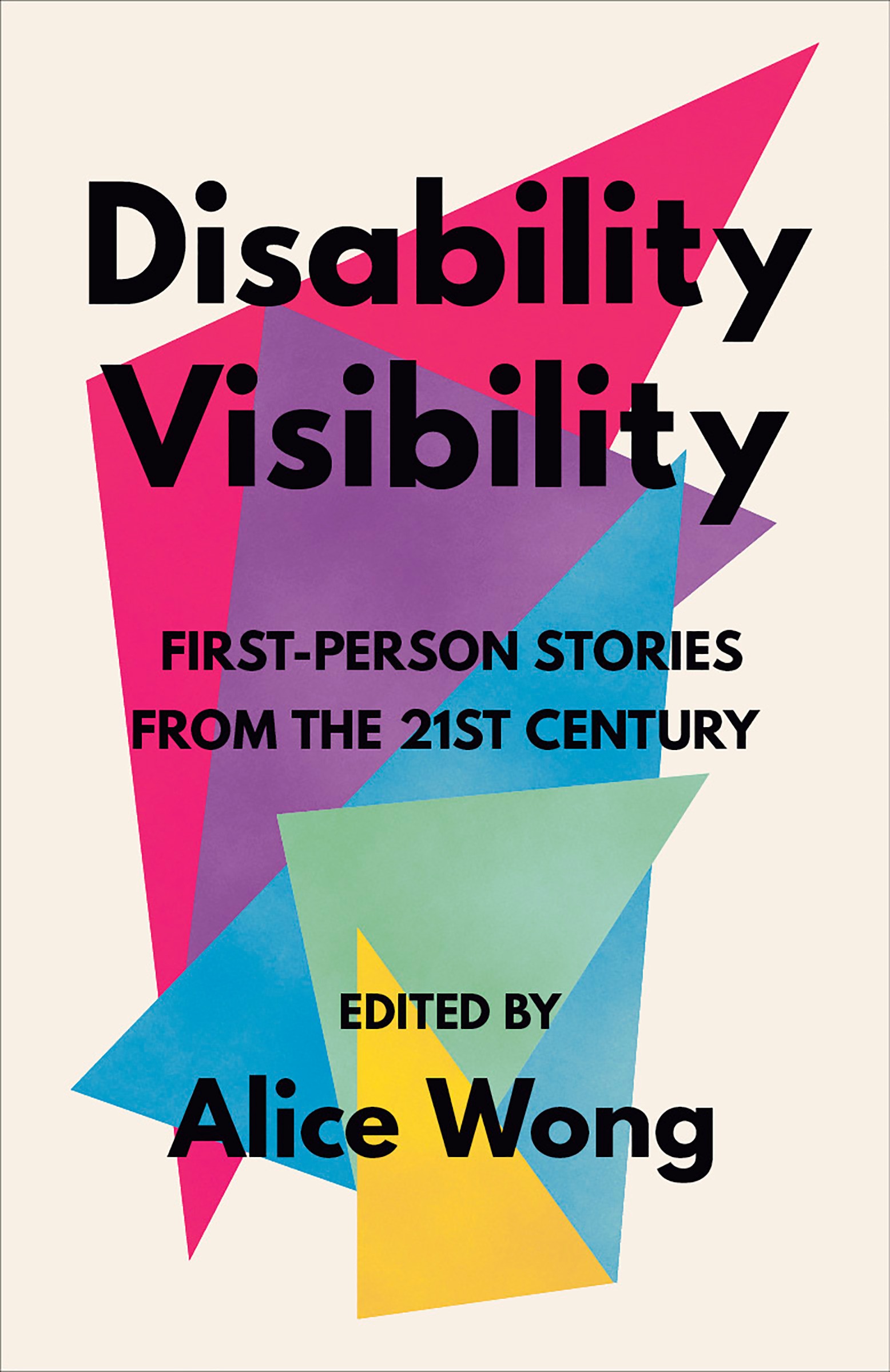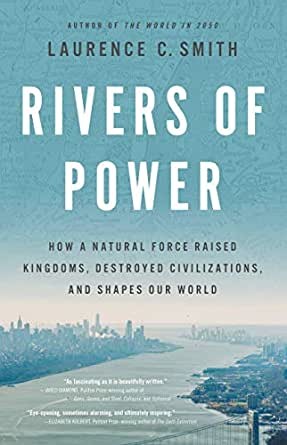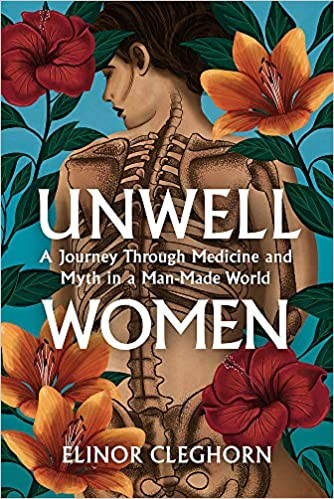Nonfiction literature is rooted in fact-based accuracy, offering a vast array of topics including biographies, business, cooking, health memoirs, travel, home improvement, religion, art and music, history, self-help, true crime, and science. If you’re accustomed to fictional tales but haven’t delved into the realm of nonfiction best-sellers, I’m here to guide you through this vast and captivating landscape.
As someone who only devoured fiction for a considerable period, I empathize with your perspective. However, over the past two years, I’ve explored various nonfiction sub-genres, discovering some that have become my all-time favorite books. Nonfiction doesn’t always resemble textbooks; well-written works can be both engaging and educational. Skilled writers take the time to break down complex concepts, making them accessible to anyone willing to pick up the book.
While I relish escaping in a good story, learning about the world through era-defining nonfiction has been an absolute delight.
Here’s a curated list of diverse and fascinating nonfiction books from the decade, featuring titles that sparked conversations, shifted cultural discussions, and redefined genres.
The Emperor of All Maladies: A Biography of Cancer by Siddhartha Mukherjee (2011)
Written by esteemed oncologist Siddhartha Mukherjee, this book won the 2011 Pulitzer Prize for General Nonfiction. The author aimed to fill a significant knowledge gap regarding the history of cancer, connecting its origins to our understanding of it in 2011 and charting a course forward.
By writing this clinical yet personal biography of cancer, Mukherjee sought not only to educate his patients about the disease’s progression through their bodies but also to broaden humanity’s comprehension of the illness as a whole.
The Righteous Mind: Why Good People Are Divided by Politics and Religion by Jonathan Haidt (2012)
Jonathan Haidt’s work delves into the realm of human psychology to understand the moral frameworks that guide conservative and liberal values. He posits that our religious and political beliefs are rooted in intuition, rather than logical reasoning. This thought-provoking book offers a fresh perspective on the world, potentially fostering a more constructive dialogue with individuals whose views diverge from our own.
Quiet: The Power Of Introverts In A World That Can’t Stop Talking by Susan Cain (2012)
The New York Times bestseller has had a profound impact on readers worldwide, being translated into an impressive 40 languages. Its timely message resonates deeply, as our fast-paced world desperately needs to cultivate quiet contemplation. The book sheds light on the alarming trend of prioritizing extroversion over introversion, resulting in valuable ideas and perspectives being overlooked in favor of charismatic personalities.
As someone who identifies as a textbook introvert, I found solace in this book’s validation of my introspective nature. It not only helped me appreciate the richness of my inner life but also showed me that labels are meant to provide comfort, not constrain us. In fact, it empowered me to break free from the confines of my introversion when a cause or passion requires me to be more extroverted.
Braiding Sweetgrass: Indigenous Wisdom, Scientific Knowledge and the Teachings of Plants by Robin Wall Kimmerer (2013)
The profound connection between humans and nature is brought to the forefront in this book, highlighting the often overlooked reality that our very existence is deeply intertwined with the natural world. This interdependence extends to the realm of medicine, where the healing powers of nature offer a treasure trove of solutions for a wide range of needs.
Author Robin Wall Kimmerer, a botanist and member of the Citizen Potawatomi Nation, skillfully weaves together Indigenous teachings and scientific inquiry, providing readers with a unique perspective on the natural world. What results is a book that is both scientifically rigorous and poetically evocative, making it an engaging and educational read.
I Am Malala: The Girl Who Stood Up for Education and Was Shot by the Taliban by Christina Lamb and Malala Yousafzai (2013)
The Swat Valley in Pakistan was seized by the Taliban, prompting Malala Yousafzai’s courageous fight for girls’ right to an education. Just as she gained momentum at 15, her bus ride home from school turned into a nightmare – a gunshot wound left her fighting for life. While her story is well-known, this book has played a significant role in amplifying it globally.
Miraculously, Malala survived and has since become a driving force behind vital discussions about women’s education worldwide, ultimately earning the Nobel Peace Prize for her non-violent yet potent advocacy. Her efforts have contributed to a more compassionate and enlightened world.
Smoke Gets in Your Eyes: And Other Lessons from the Crematory by Caitlin Doughty (2014)
Caitlin Doughty’s experiences working with corpses in the crematory come alive in a fascinating read that combines vivid and often gruesome details with wit. The result is a captivating book that explores the very topic we often shy away from – death. With its concise and engaging narrative, this nonfiction book brings to life the ways people have cared for the dead across different cultures and regions throughout history.
As Doughty delves into the concept of ‘dust thou art, to dust returnest’, her writing becomes even more impactful, staying with you long after you finish reading it.
Between the World and Me: Notes on the First 150 Years in America by Ta-Nehisi Coates (2015)
In his poignant letter to his 15-year-old son Samori, Ta-Nehisi Coates’ ‘Between the World and Me’ presents a deeply personal exploration of what it means to be black in America. With unflinching honesty, Coates recounts his own experiences with racism, police brutality, and the systemic biases that shape the American Dream. Throughout the book, he conveys his fears, frustrations, and warnings for his son, offering a candid account of life as a black man in America.
This powerful autobiographical work went on to win the National Book Award for Nonfiction in 2015.
The Sixth Extinction: An Unnatural History by Elizabeth Kolbert (2015)
The Earth has witnessed five mass extinctions over half a million years, with the current sixth extinction, dubbed ‘The Anthropocene,’ unfolding over time. According to author Elizabeth Kolbert, we are inadvertently shaping the future of life by closing or preserving evolutionary pathways. This unprecedented influence will leave an indelible mark, far surpassing the fleeting nature of human creations.
As Kolbert poignantly notes, ‘No other creature has ever managed this, and it will, unfortunately, be our most enduring legacy.’ The Sixth Extinction’s impact will reverberate long after humanity’s cultural achievements have crumbled into dust.
Humans are continuously reshaping the world in ways both intentional and unintentional.
Kolbert’s Pulitzer Prize-winning book from 2015 aims to provide insight into the irreversible consequences of our actions, as we unwittingly alter the trajectory of life on Earth.
Evicted: Poverty and Profit in the American City by Matthew Desmond (2016)
In ‘Evicted: Poverty and Profit in the American City’, Princeton sociologist Matthew Desmond delves into the lives of eight Milwaukee families as they grapple with the fundamental struggle to secure decent housing. Through his meticulous research, he sheds light on the devastating impact of eviction on individuals already reeling from economic hardship.
By highlighting this pressing issue, Desmond’s work sparked a vital conversation about the United States’ pervasive housing crisis, ultimately earning him the Pulitzer Prize for General Nonfiction in 2017.
Secondhand Time: The Last Of The Soviets by Svetlana Alexievich (2016)
In ‘Secondhand Time’, Svetlana Alexievich masterfully weaves together the narratives of ordinary people whose lives were forever changed by the decline of Soviet communism and the emergence of oligarchic capitalism. Through her distinctive documentary style, she gives voice to those who often get overlooked in the grand tales of powerful nations.
First published in Russia in 2013 and later translated into English in 2016 by Bela Shayevich, this poignant work earned Alexievich the Nobel Prize in Literature in 2015, with the committee praising her ‘polyphonic writings’ as a testament to both human suffering and resilience.
Adults In The Room: My Battle With The European and American Deep Establishment by Yanis Varoufakis (2017)
Yanis Varoufakis, a renowned economist, recounts his gripping struggle against European Union officials in his book, detailing his efforts as Greece’s finance minister to rework the country’s relationship with the EU. In 2015, he embarked on a challenging quest to renegotiate the terms of his nation’s debt crisis, offering an inside look at modern-day power dynamics through his personal account.
So You Want To Talk About Race by Ijeoma Oluo (2018)
Ijeoma Oluo’s work delves into a broad spectrum of topics influenced by racial dynamics in America, including intersectionality, law enforcement brutality, educational disparities, subtle biases, and affirmative action initiatives. By dissecting the far-reaching consequences of race-based phenomena, she empowers readers to grasp the intricacies of systemic racism.
Rather than focusing solely on individual prejudices, Oluo sheds light on how institutionalized racism perpetuates racial inequality, shaping the lives and opportunities of entire communities. This thought-provoking book fosters informed discussions about race, shedding much-needed illumination on pressing issues and facilitating a deeper understanding of the complexities surrounding it.
Bad Blood: Secrets and Lies in a Silicon Valley Startup by John Carreyrou (2018)
John Carreyrou’s investigative reporting shines in this captivating account of Theranos’ meteoric rise and precipitous fall. Founded by Elizabeth Holmes, Theranos was a multibillion-dollar biotech startup that gained widespread recognition when Forbes crowned Holmes America’s Richest Self-Made Woman in 2015.
However, it was around the same time that Carreyou began questioning the validity of Holmes’ revolutionary blood-testing technology, sparking a journalistic investigation that would ultimately expose Theranos as a massive scam. Through his meticulous and engaging reporting, Carreyou takes readers on a gripping journey through the inner workings of Theranos, offering a fascinating glimpse into the world of biotech and the consequences of unchecked ambition.
Heavy: An American Memoir by Kiese Laymon (2018)
In this poignant memoir, Kiese Laymon shares a deeply personal account of his journey as a Black boy grappling with weight-related struggles. He employs a unique narrative technique, addressing himself directly to his mother while reflecting on the complexities of racial America and the trauma he has faced. The result is a powerful and moving exploration that is all the more impactful due to Laymon’s unwavering honesty, vulnerability, and courage.
It is little wonder then that Heavy won the prestigious Carnegie Medal for Nonfiction in 2019.
The Library Book by Susan Orlean (2018)
How to Do Nothing: Resisting the Attention Economy by Jenny Odell (2019)
Jenney Odell advocates for a deliberate separation between our physical experiences and the digital realm, arguing that embracing ‘nothingness’ can be a powerful form of political resistance against the capitalist drive to monetize every aspect of life. By doing so, we create space for introspection and contemplation, which are essential for fostering meaningful connections with the world around us.
Rather than passively consuming virtual content, Odell encourages readers to reclaim their physical presence and focus on nurturing genuine relationships in the real world.
Figuring by Maria Popova (2019)
Maria Popova’s book delves into the intricacies of human existence, posing profound questions that seek to unravel the mysteries of character, contentment, and lasting achievement. She probes the lives of influential figures like Ralph Waldo Emerson, Charles Darwin, Elizabeth Barrett Browning, Emily Dickinson, and Rachel Carson, weaving together their experiences to uncover the threads that bind us all.
As you immerse yourself in this thought-provoking exploration, you’ll be drawn into a world of fascination, contemplation, and comfort.
Disability Visibility: First-Person Stories From the Twenty-First Century by Alice Wong (2020)
Rivers of Power: How a Natural Force Raised Kingdoms, Destroyed Civilizations, and Shapes Our World by Laurence C. Smith (2020)
As a Professor of Earth, Environmental and Planetary Sciences at Brown University, Laurence C. Smith takes readers on a journey through the profound impact that rivers have had on human civilization. In his nonfiction book, he delves into the ways in which these natural wonders have shaped our world, from its very geography to the development of agriculture, transportation systems, and even the course of wars.
A fascinating read that highlights the indispensable role rivers play in our collective wellbeing.
Unwell Women: A Journey Through Medicine And Myth in a Man-Made World by Elinor Cleghorn (2021)
Elinor Cleghorn’s book ‘Unwell Women’ is a powerful exploration of the often-ignored realities surrounding women’s health. The author shares her own experiences with autoimmune disease, which was misdiagnosed and left untreated for over a decade. Through this personal narrative, she highlights the pervasive ignorance and carelessness that pervades medical care for women, particularly those who are marginalized or stigmatized.
To drive home these points, Cleghorn draws on case studies and delves into the disturbing history of medical experimentation on enslaved women and sex workers. This deeply moving book is a clarion call to prioritize the well-being of all unwell women, and serves as a poignant reminder of the need for change in the way we approach healthcare.
